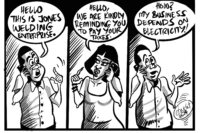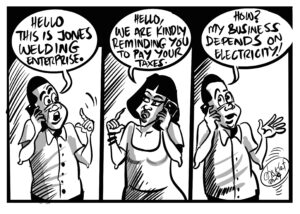UNIVERSITY of Zambia (UNZA) political science lecturer Professor Bizeck Phiri says the recent by-election results may not be a true reflection of what is likely to happen in next year’s general election.
In an interview, Prof Phiri argued that the July 30 poll results, which saw the PF emerge victorious in 10 out of 15 ward by-elections, may not be a true reflection of what was likely to happen in next year’s general election due to the ever-changing political dynamics and numbers of voters, which are usually more in a general election.
He, however, said that the numerous developmental projects around the country may have had an influence on voters’ decisions in voting for the ruling party in by-elections.
“The period in which we are where we have this Coronavirus and movements are somewhat restricted and we are seeing some challenges that could be part of the explanation. Another explanation is that there could be certain things that are happening that have led people to begin to change their perception of the political parties and hence the result as we are seeing. If you look at what is happening in the country, now, you see a lot of development that is taking place; the road construction, hospitals and schools and because of that, that can also influence the way in which people cast their vote. Also what is significant is that when you look at the number of people that actually go to vote, it is relatively much less than the number of registered voters where we are seeing these by-elections,” Prof Phiri said.
“The analysis, which I looked at, when you look at the margins in terms of the total number of votes, the margin is very narrow between the ruling party and the opposition. So, come 2021, what has happened in the by-elections may not be a true reflection of what is likely to happen unless things remain constant, but things may change. But my analysis is that as we go into 2021, we need a fair playing ground. Let the different political parties that are participating have access to the people on the ground and tell the people what their message is.”
And Prof Phiri, a political historian, observed that most voters were still undecided on who to vote for, which was what usually determined the outcome of election results.
“What normally determines the outcome of an election is what people are looking at during the period of the campaign and that is what makes people decide to say, ‘I am not going to vote for this party, I will vote for this party.’ Remember, when you are talking about elections, there are people who are in between and when elections are approaching that is when they make up their mind on who to vote for. What is significant in Zambian politics is that people are not attached to a particular party that is why we hear so many people have defected from one party to another party. So, there is no strong attachment to a party and that also reflects the results when elections take place. People are not committed, they move up and down,” said Prof Phiri.












